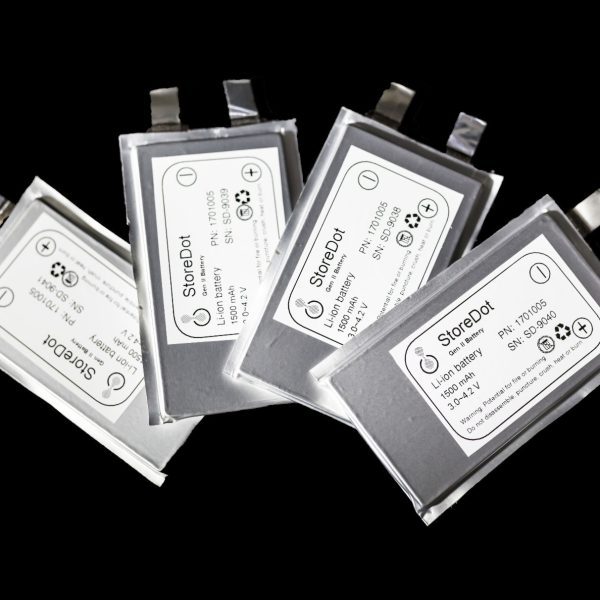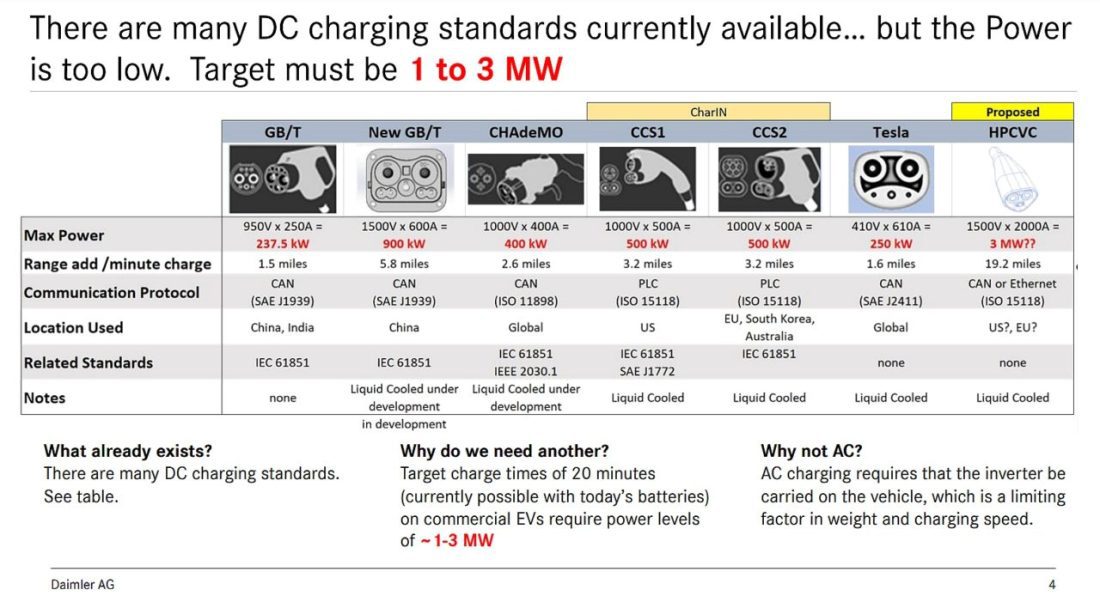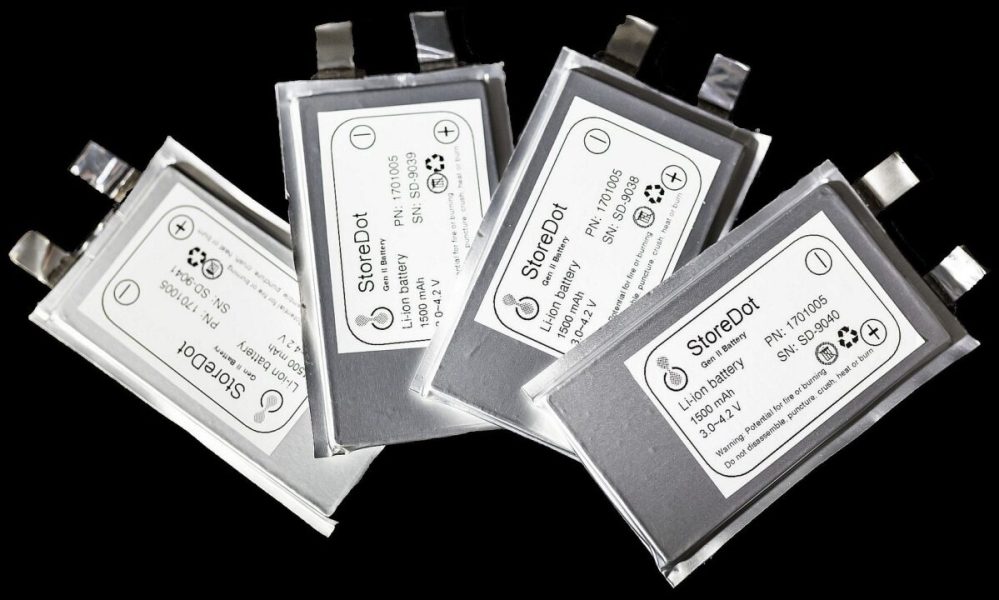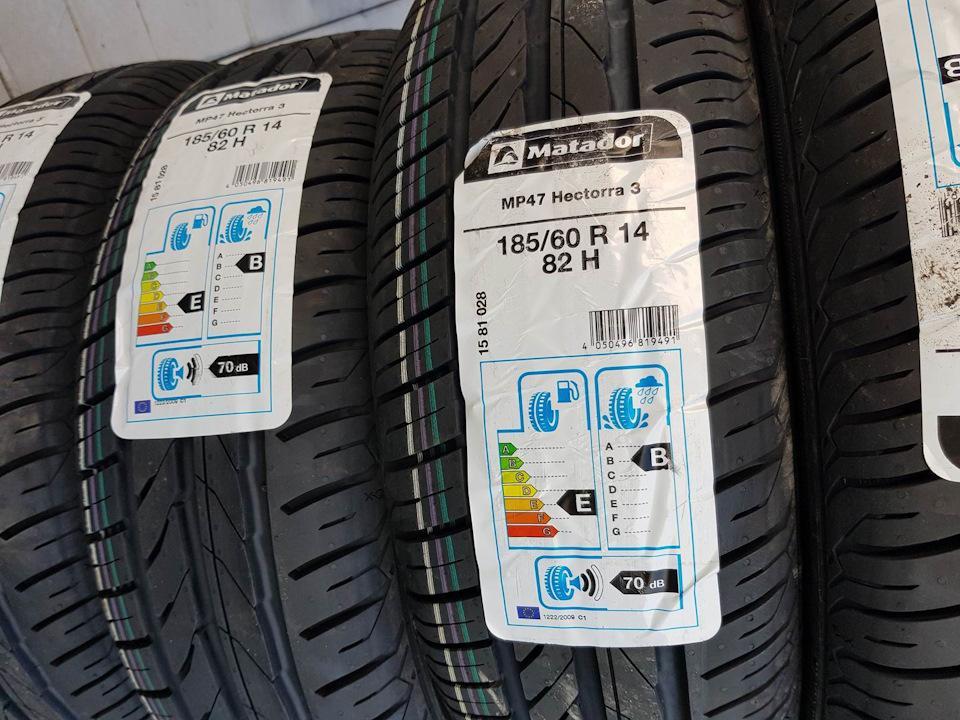
StoreDot and their solid state/lithium ion batteries - they also promise a full charge in 5 minutes
The race for startups developing lithium-ion batteries is accelerating. Israel's StoreDot, which is working on lithium-ion cells with semiconductor nanoparticle anodes instead of graphite, just remembered itself. Today it is expensive germanium (Ge), but in the future it will be replaced by much cheaper silicon (Si).
StoreDot Cells - We've Been Hearing About Them For Years, So Far No Madness
According to The Guardian, StoreDot already manufactures its batteries on a standard line at the Eve Energy plant in China. From the description, it can be seen that little has changed over the past three years, only pressure from startups developing solid-state elements has increased, and StoreDot has managed to move from the stage of laboratory prototypes to engineering samples (source).
The company says the anode used in the cells is revolutionary. Instead of carbon (graphite), even alloyed with silicon, startup uses polymer-stabilized germanium nanoparticles. Ultimately, this year, it will be nanoparticles of cheaper silicon. Thus, the Israeli enterprise is moving in the same direction as the rest of the world (-> silicon), but from a completely opposite direction. And already announces that Silicon-based StoreDot cells will cost the same as modern lithium-ion cells.
However, this is not the end. The manufacturer guarantees that the batteries are built on the basis of new cells. can be fully charged in five minutes... Sounds attractive, but it's worth noting that such a short charge requires access to enormous power. Even a small battery with a capacity of 40 kWh must be connected to a charger with a capacity of more than 500 kW (0,5 MW).... Meanwhile, the CCS connector used today supports a maximum of 500 kW, while Chademo 3.0 is not used anywhere else:

The ability to use ultra-high charging power has another disadvantage. When chargers with a capacity of 500–1 kW appear in the world, manufacturers can start saving on batteries in electrical engineering, since the driver “charges quickly anyway”. The problem is that very fast energy replenishment costs money, and any charging station of this type will generate energy demand at the small town level.

This may interest you:
